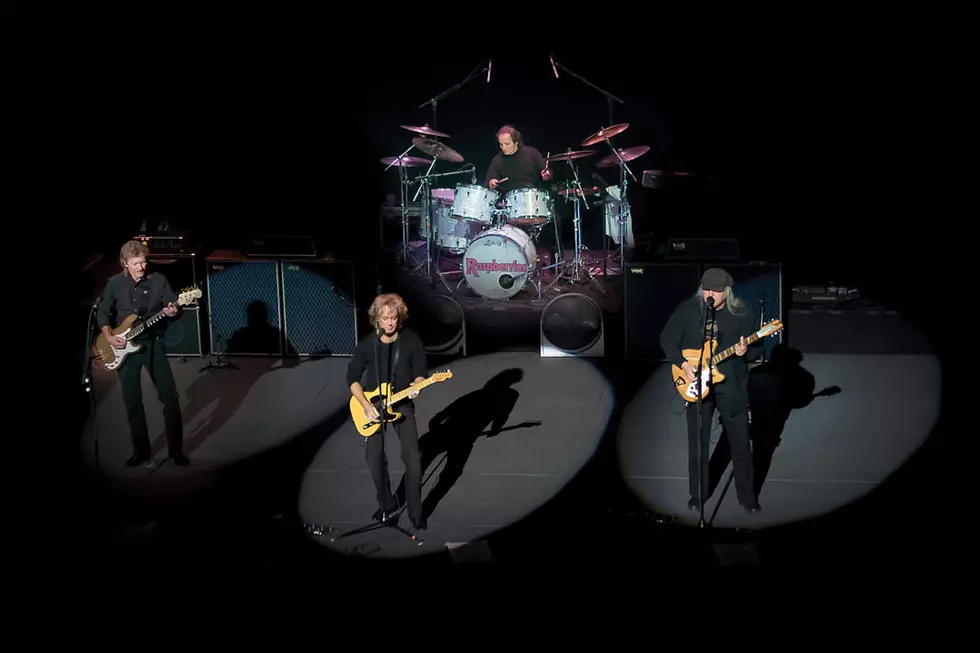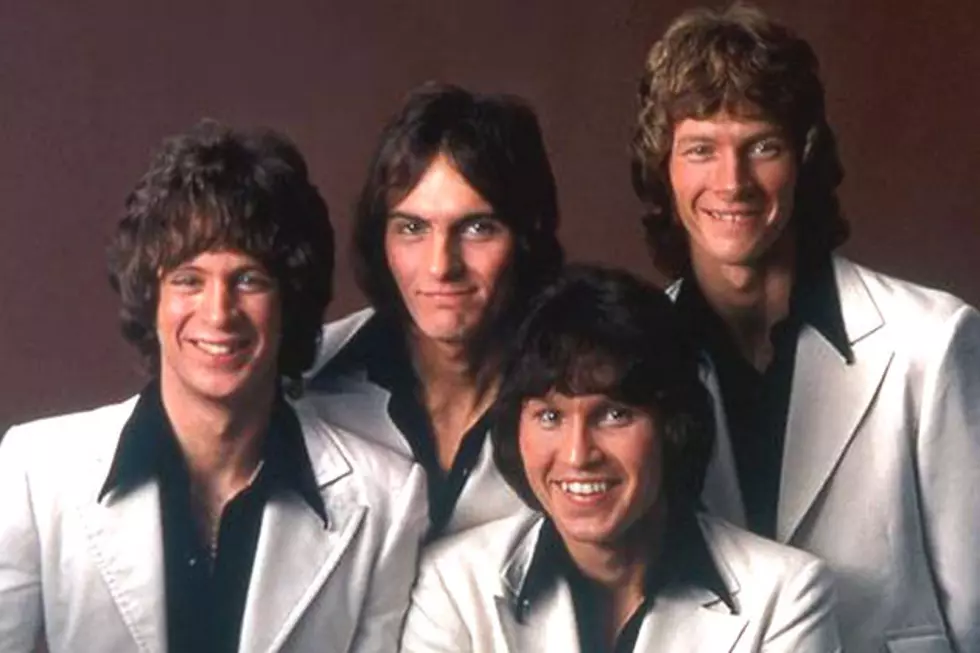
How Raspberries Crafted a Power Pop Gem on Their First Album
In 1972, David Bowie emerged as Ziggy Stardust, Roxy Music issued their glorious debut, Genesis fully came into their own with Foxtrot and Todd Rundgren released Something/Anything?
What a year it was: The airwaves were bursting with everything from the stomp of Grand Funk Railroad to the majestic soul of the Chi-Lites. Still, the sound of the Raspberries seemed a bit out of step.
Raspberries' roots go back to mid-'60s bands the Choir, Cyrus Erie and the Quick, all of whom had success in their hometown of Cleveland. But it wouldn't be until Cyurs Erie leader Eric Carmen teamed up with guitarist Wally Bryson, guitarist and bassist Dave Smalley and drummer Jim Bonfanti that everything would perfectly click into place for them as Raspberries. The band signed to Capitol Records and issued their debut album in April 1972.
From the opening crash of "Go All the Way," Raspberries made their mark as genuine contenders. Out of step with the glam, prog, funk and earthy crunchy sounds played by most everyone else that year, "Go All the Way" was a perfect melding of Beach Boys, Beatles and Small Faces, all delivered with a Who-like attack. Right here is where power pop was born.
The single was a smash, reaching No. 5 on the Billboard charts. “The Raspberries was formed as kind of a reaction to prog rock, which we didn’t like,” Carmen told Pop Matters back in 2007. “‘Let’s bring some songwriting and harmonies back to music.’ And we did that. And the idiots that we were, we actually had hits, which is the absolute kiss of death."
The first single released from the album, however, was the ballad "Don't Want to Say Goodbye," which sounded like a lost Paul McCartney classic. The entire album, for that matter, is a bit ballad heavy, with songs like "I Saw the Light," "Waiting" and "I Can Remember." "With You In My Life" is a whimsical nod to the Fab Four, while "Come Around and See Me" is a '70s folk-rock gem. Smalley contributed two of the album's more upbeat rockers in "Rock & Roll Mama" and "Get It Moving," but most of the LP revolves around the pop perfection of "Go All the Way."
Though some kinship could be found with groups like Badfinger and Big Star, everything about the Raspberries seemed out of step with what was going on around them in 1972. “It was easy for people to be derisive about our music, because they saw what we were doing as retro,” Carmen explained. “A lot of people just didn’t get it. But over the years, it seems like they began to get it. Sometimes it takes a while, but now there’s a whole different kind of reverence for what we’re doing, which didn’t happen at the time.”
The Raspberries improved on this style with each single and album released, but as a starting point, their debut has a certain irrepressible charm that can't be denied all these years later.
Raspberries Albums Ranked
More From Ultimate Classic Rock









